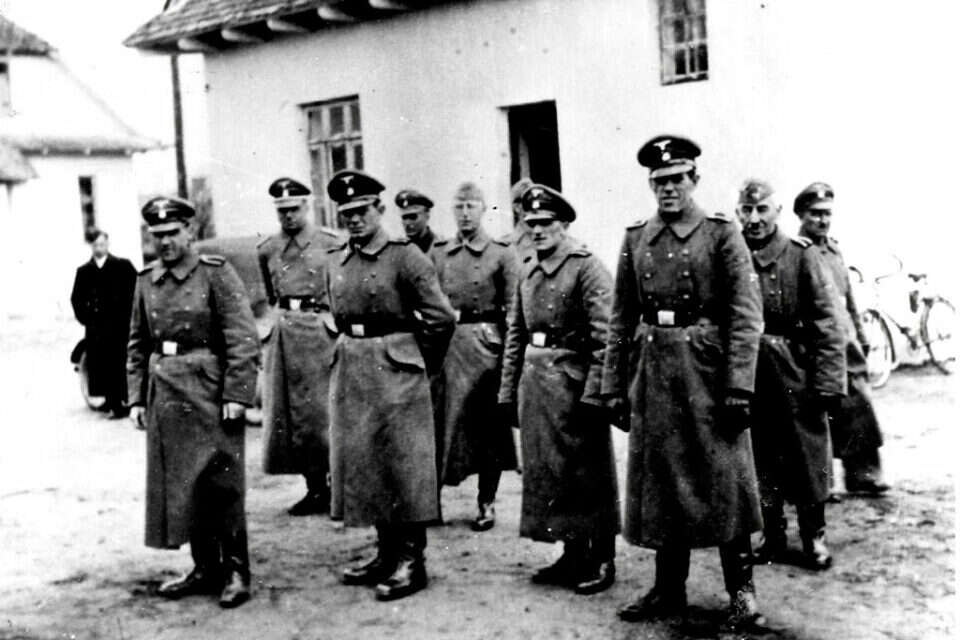In the decades since World War II, scholars have grappled with trying to explain how millions of German citizens collaborated in a largely ignored growing oppression that culminated in the Holocaust.
New studies on memories and testimonies from the period highlight the 'bystander effect' as one of the key factors that led to the horrific event.
We used Claude to bring an example of this.
Unlike postwar trials, which often refused to hear testimony from non-victims, contemporary analysis identifies diverse personal perspectives as essential to reconstructing the rise of Nazism.
The biography of the German journalist Sebastian Hefner (the pen name of Raimung Perzel, who left Germany after his Jewish partner became pregnant in the mid-1930s) illuminates painful moral questions through case studies of consent and social conformity in the 1930s.
Hefner agonizes over his silent complicity while fellow Jews were deported, and what he calls his temporary suspension of selfhood to obey Nazi laws.
His memoir expresses the denial and rationalization that allowed citizens to 'flow' with the dictatorship while avoiding the risks of explicit opposition.
Historian Mary Fullbrook called it the "bystander society", which was manipulated into "partnership processes".
As the researcher Michael Rothberg points out, the roles of good and bad, victims and perpetrators are unable to cope with a situation of mass violence.
Focusing on Hefner reveals the tragedy of inaction – one that repeats itself throughout human history as communal hatred replaces humanity.
The study also highlights how the period context prevented wider resistance.
Terms like "Holocaust" and "genocide" had not yet entered the lexicon to define the crimes of the Nazis, and racial segregation prevailed even in more "enlightened" countries (in the USA, for example, the so-called Jim Crow laws, which separated blacks and whites, ruled at the time) .
Still, the study of the moral surrender of citizens, which allowed evil to accumulate, presents lessons that should be heeded in any era.
As Sebastian Hefner wrote from exile in Britain, the real question facing Germans under Nazism was simple: "Do I or do I not have the courage to bear the inevitable consequences of my beliefs?"
Were we wrong?
We will fix it!
If you found an error in the article, we would appreciate it if you shared it with us

